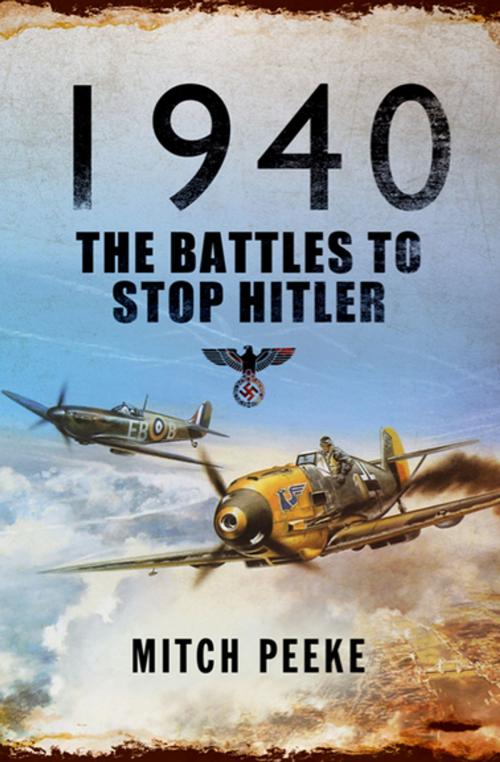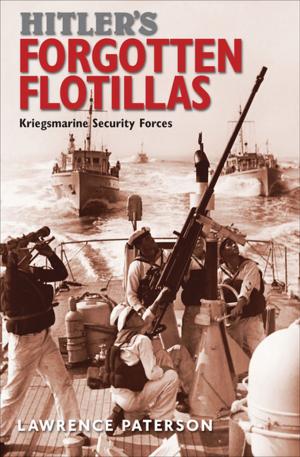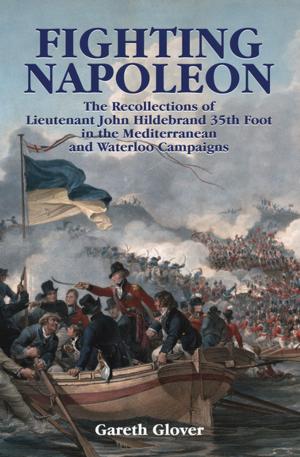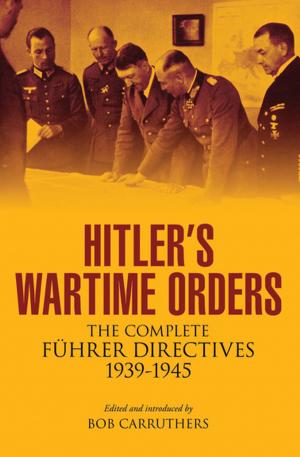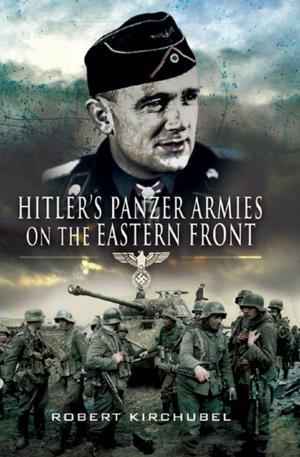| Author: | Mitch Peeke | ISBN: | 9781473858107 |
| Publisher: | Pen & Sword Books | Publication: | May 31, 2015 |
| Imprint: | Pen & Sword Aviation | Language: | English |
| Author: | Mitch Peeke |
| ISBN: | 9781473858107 |
| Publisher: | Pen & Sword Books |
| Publication: | May 31, 2015 |
| Imprint: | Pen & Sword Aviation |
| Language: | English |
The story of one momentous year in World War II.
The epic story of 1940 is not confined to the great air battle over England that summer, the Battle of Britain. While that battle was indeed a major turning point in the course of the Second World War, it was only fought because of the ultimate outcome of the battle that preceded it.
When Hitler’s forces swiftly overran the Low Countries and then France, the remnants of the French and British armies were trapped in a pocketed position around the channel port of Dunquerque. Militarily, that should have been the end of it. Trapped with their backs to the sea, the tired soldiers surely faced annihilation or capture. Hitler’s generals certainly thought so.
But then Hitler made his first and biggest mistake. He listened to his old friend and commander of the German Air Force, Herman Goering. Instead of allowing his armies to finish the job, he ordered them to halt. Goering had persuaded his Fuhrer to allow his Air Force to finish it instead. Goering failed, giving the British time to evacuate the stranded armies from Dunqerque. The Battle of France was over, but there would have to be a Battle of Britain, as Britain would now have to be eliminated as well, either by diplomacy, which wasn’t likely, or by invasion. This was the prospect facing those in England at that time—and this is the story of that momentous year.
The story of one momentous year in World War II.
The epic story of 1940 is not confined to the great air battle over England that summer, the Battle of Britain. While that battle was indeed a major turning point in the course of the Second World War, it was only fought because of the ultimate outcome of the battle that preceded it.
When Hitler’s forces swiftly overran the Low Countries and then France, the remnants of the French and British armies were trapped in a pocketed position around the channel port of Dunquerque. Militarily, that should have been the end of it. Trapped with their backs to the sea, the tired soldiers surely faced annihilation or capture. Hitler’s generals certainly thought so.
But then Hitler made his first and biggest mistake. He listened to his old friend and commander of the German Air Force, Herman Goering. Instead of allowing his armies to finish the job, he ordered them to halt. Goering had persuaded his Fuhrer to allow his Air Force to finish it instead. Goering failed, giving the British time to evacuate the stranded armies from Dunqerque. The Battle of France was over, but there would have to be a Battle of Britain, as Britain would now have to be eliminated as well, either by diplomacy, which wasn’t likely, or by invasion. This was the prospect facing those in England at that time—and this is the story of that momentous year.
